Furusato
Usagi oishi kano yama
Kobuna tsurishi kano kawa
Yume wa ima mo megurite
Wasure gatashi furusatoIkani imasu chichi haha
Tsutsuganashiya tomogaki
Ame ni kaze ni tsuketemo
Omoi izuru furusatoKokorozashi wo hatashite
Itsu no hinika kaeran
Yama wa aoki furusato
Mizu wa kiyoki furusatoLyricist:TAKANO Tatsuyuki
Composer:OKANO Teiichi
in1914
Homeland
That mountain chasing the rabbit
That river that caught a small crucian
Dream is still around my heart
I can’t forget my homeland
Dad, mom, what are you doing?
Are my friends safe?
Whether it rains or the wind blows,
It reminds me of my homeland
If I fulfill my will,
I want to go homeland someday.
Mountain is full of green, homeland
Water is clean, homeland

“Furusato,” a song known to every Japanese person, remains an evergreen classic that continues to resonate with people across generations.
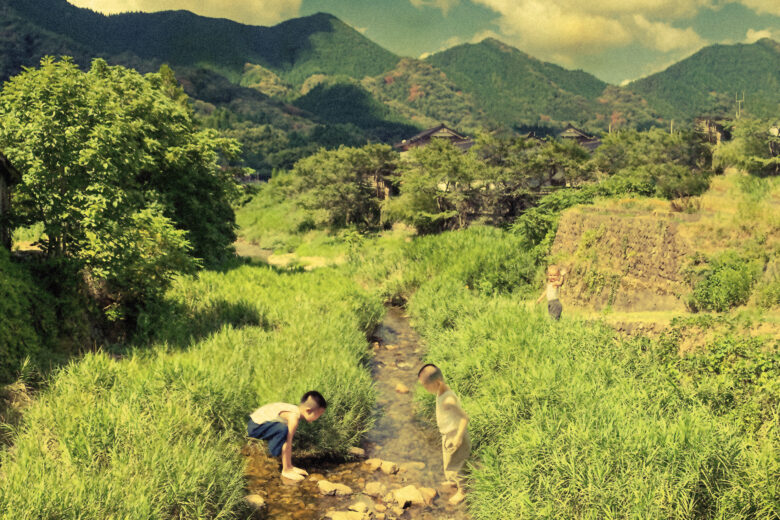
Born in the Meiji era, a time of significant transformation in Japan, this song was created during a period of rapid modernization and shifting values. It’s intriguing to ponder the significance of this song, composed during such a transformative time, and why it continues to be sung today.
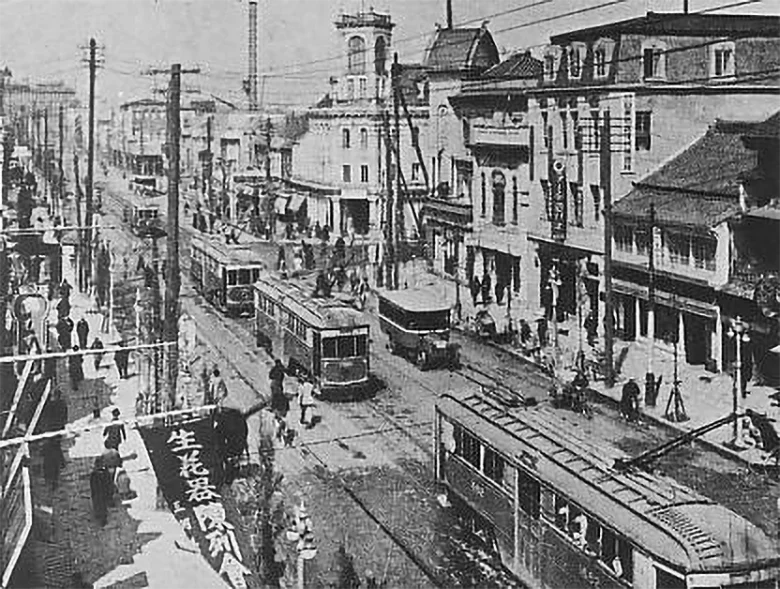
The lyricist, TAKANO Tatsuyuki, married at the young age of 22, a rather unconventional choice for a poor student. His wife was the daughter of a prestigious temple, the very same one that served as the model for the temple in SHIMAZAKI Touson’s renowned novel “Hakai.” 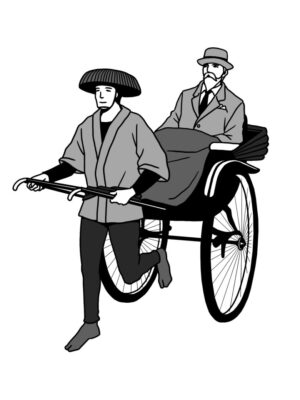
The composer, OKANO Teiichi, complemented TAKANO’s poetic world with exquisitely beautiful melodies. The fusion of their talents transformed “Furusato” into a timeless piece that deeply resonates with people’s hearts.
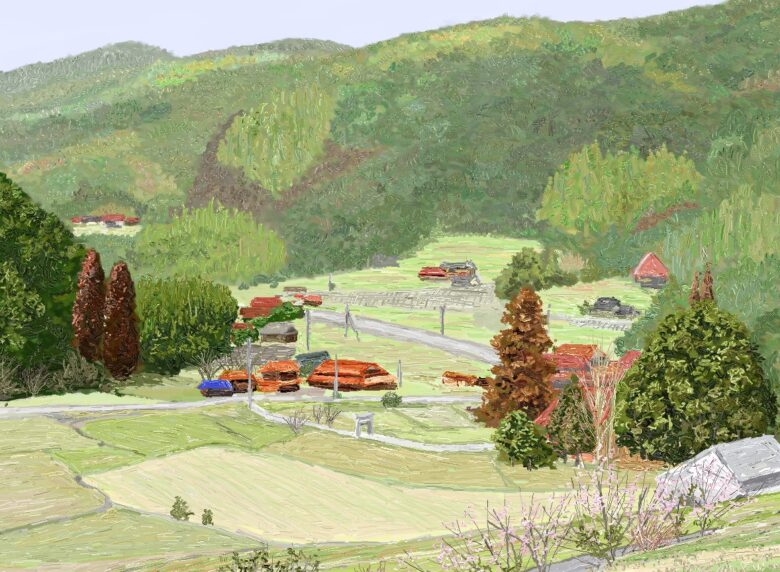
“Furusato” paints a picture of Japan’s beautiful natural landscapes, particularly the satoyama, where people lived in harmony with nature. The lyrics “The mountains are green, the water is clear” symbolize the rich natural beauty of these rural areas. For centuries, people lived in satoyama, relying on the bounties of nature for their sustenance. These areas were complex ecosystems teeming with diverse flora and fauna, including forests, rice paddies, and streams.
Even after leaving their beloved hometowns to seek opportunities in bustling cities, people’s hearts yearn for the familiar faces and the serene landscapes of their hometowns—the green mountains and clear waters.

This timeless Japanese song carries a universal message.
Interestingly, the lyrics, written in classical Japanese, contain words and phrases that are no longer commonly used in modern Japanese. For instance, “oishi” in the lyrics is often misinterpreted by schoolchildren as meaning “delicious” when in fact it means “to chase.” This has led to many a humorous misunderstanding.
“Furusato” has rightfully earned its place among “100 Best Japanese Songs”.

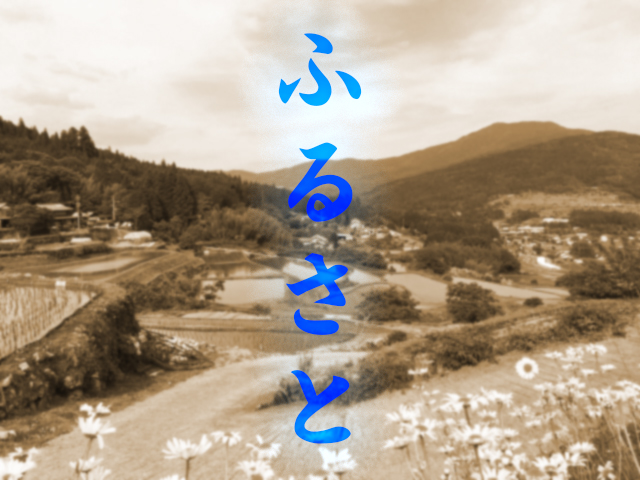


コメント